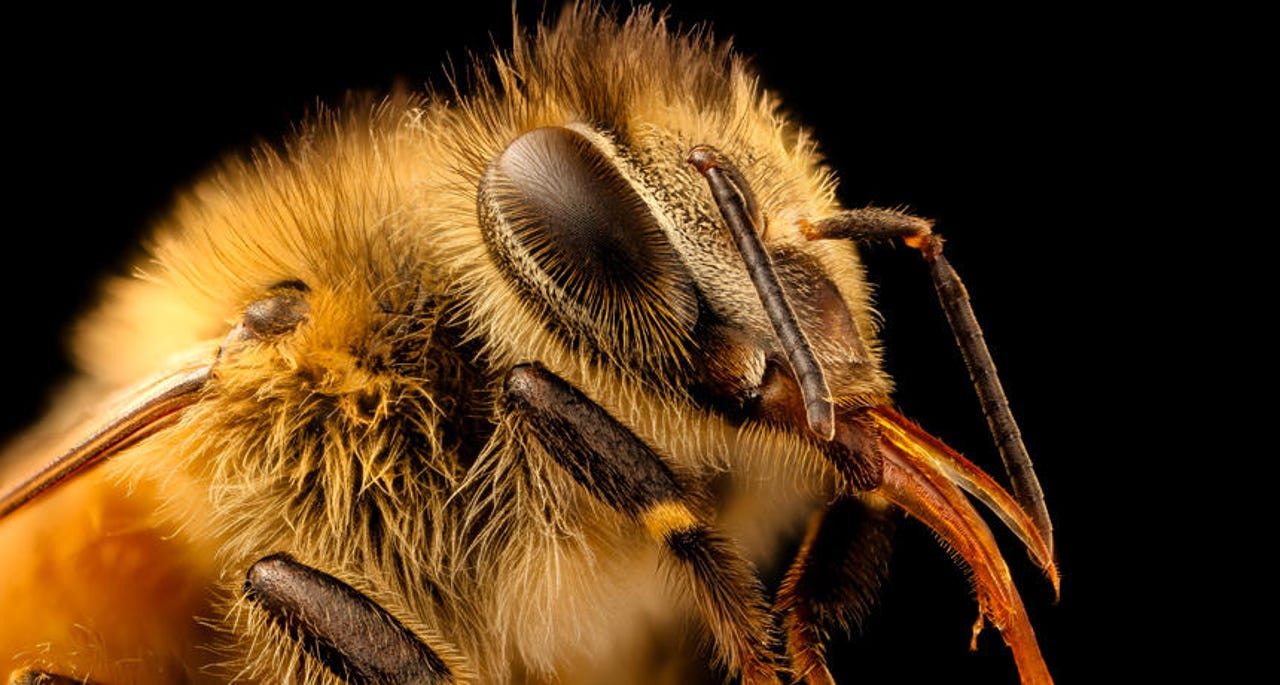Bee IoT helps keepers fend off murder hornets


Commercial honeybees haven't had 2020 any easier than the rest of us. Critical issues like colony collapse continue to threaten the industry and the insect, while escalating threats like wildfires, climate change, and murder hornets have pushed the industry back on its heels.
One key challenge is that beekeepers have always been one step behind when it comes to hive health, often only able to identify threats when it's too late. Hives are also resource- and labor-intensive to manage, though the process is rife with inefficiencies.
ApisProtect, an Irish agritech innovator, is hoping technology can help, and in particular IoT and distributed sensor networks. The company recently announced the U.S. launch of a commercial honey bee monitoring platform centered around in-hive sensing. That gives beekeepers the ability to monitor the condition of their colonies remotely in real time, giving them -- and their hives -- a fighting chance.
"Our science-based honey bee monitoring technology empowers beekeepers to manage their apiaries more efficiently, reduce labor and transport costs, and focus on cultivating larger and stronger colonies," says Fiona Edwards Murphy Ph.D., CEO of ApisProtect.
The technology works much the way other IoT monitoring devices. The sensor unit attaches to the underside of the hive's roof, where it collects data and sends it to the ApisProtect servers. Machine learning helps managers derive insights and catches threats early, potentially saving hives. The system was trialed on more than 20 million honey bees worldwide, and operational improvements created an opportunity to increase hive count and productivity. The system can improve labor efficiencies by up to 50% and reduced transportation costs during pollination by up to 25%.
That's especially important during the pandemic. Like many sectors around the world, beekeeping, which involves intense manual work and is labor-intensive, has been hit hard.
"Beekeeping has always been a labor-intensive industry relying on beekeepers manually checking hives to determine hive strength," says Dr. Murphy. "Precision beekeeping will reduce unnecessary inspections and unnecessary trips to remote apiaries for beekeepers. Given limitations due to Covid restrictions, this will be more helpful than ever –maximizing opportunities for social distancing while completing important work."
What's so compelling about the technology is that it's a tool to fight threats on multiple fronts. That extends to threats like murder hornets.
"ApisProtect technology could be a useful tool for the detection of murder hornets as a potential new threat to bee hives this pollination season," says cofounder Dr. Pádraig Whelan. "Murder hornets can wipe out a bee hive in a matter of hours. Our platform can pinpoint the date at which a hive dies and distinguish whether this has been gradual or sudden. If a hive is healthy one day and dead the next, the beekeeper is alerted rather than having to wait for the next scheduled manual inspection. The beekeeper can then prioritize visiting the hive and identify the tell-tale signs of a hornet attack. Precision beekeeping ensures the beekeeper can quickly take preventative measures to ensure the safety of their hives and others in the area."
ApisProtect is hoping its technology will help the California migratory beekeepers for the upcoming almond season.